I bought a little book, learned a few tunes and then started playing by ear. – Ian
My first “music memory” is of me, as a little girl, singing Suzy Snowflake with two cousins at a ladies’ meeting … – Sharon
Onto our next story/interview in a Summer of Stories! You can read the first here, the second here and the third here.
Ian and Sharon are music enthusiasts who also happen to be my parents:). I have a sense of music being part of my life from as far back as I can remember. It was part of our life in various ways, from records in the living room and 8- tracks (anybody remember those?) in my dad’s old van, to piano, guitar, accordion, and, for a while, a small organ, in the dining room to Christmas carols and concerts.
With a bit more time on their hands after retirement, it seems like Ian and Sharon really took a dive further into music, and in a different way, with more instruments, interesting performances, open mic events and a whole new social element.
They have agreed to answer some questions!
Here we go …
You have each been playing music in your own way for many years. You have both taught music as well, although in different ways. Mum, you have had more formal music training, I believe, since childhood, while Dad, you had some, but has been more self- taught, I think. I know you’ll often be drumming on the table and although nobody else hears any music, you often mention that there’s always music in your head:).
Would you each mind giving a bit of background into how you first remember music being part of your life? Then through your teen and university years?
Ian: I had no formal musical training or experience before high school other than singing in a church choir for a couple of years. In high school, I took music and played French horn in the school band. I started playing harmonica by ear. I’m not sure exactly when I learned to play – late public or early high school. I bought a little book, learned a few tunes and then started playing by ear. I learned a few chords on the guitar. I bought a beginner book of chords and kind of went from there. I have never learned to play the way formal lessons would have instructed – I just mess around until I’m satisfied with what I’m doing. Over time I’ve learned more chords and have developed my own style of picking. In university, I played a bit of harmonica in a jug band and accompanied some friends who sang together.
Sharon: My first “music memory” is of me, as a little girl, singing Suzy Snowflake with two cousins at a ladies’ meeting in my hometown of Wellington, Ontario. My cousins and I continued to sing together as young girls, with my mother teaching us the songs and accompanying us on piano. When I was about ten my mother began to develop my “ear for harmony”, singing as we did the supper dishes together. By about age 12, I began singing harmony in the songs my cousins and I sang. We performed at local events such as strawberry socials and variety shows. By this time, my cousin, Elaine, and I had mastered a few basic chords on her father’s old Hawaiian guitar and began to accompany ourselves while singing duets. I also remember (nervously) playing piano for children’s hymns at Sunday School at Wellington United Church during those years. I had begun piano lessons, first with my mother and later with Sister Mary-Bryan, a kind, but firm, nun who taught at St.Gregory’s Convent in Picton. By the end of elementary school, I managed to acquire Grade 8 piano and Grade 2 theory through the Toronto Royal Conservatory of Music. While this ended my formal music education (until 55 years later) I continued playing popular pieces throughout my teenage years. Some of that sheet music is still in my piano bench and I occasionally pull out a piece and play through it for old time’s sake. At high school I performed solos in Variety Nights and was a member of the Glee Club. Sadly, Prince Edward Collegiate Institute did not have an instrumental music program in the 1960’s so piano remained my sole instrument. Very central to my passion for music was the fact that my very musically talented mother was the pipe organist in Wellington U.C. for all the years I knew her. She had begun her work as organist there before I was born and was still active in that role when she died in 1984. From age I2, I spent many Thursday evenings at choir practice, learning to read music vocally and honing my “harmony ear” until I left home to attend Trent University at age 19.
As you became adults, music continued to be part of your lives, both as part of your work, and out of your own interest. What did that look like for each of you?
Ian: For a few years, I played horn in the Trenton Citizens Band. I taught some music in school, using the guitar to accompany singing activities. I also taught recorder and ukulele.
Sharon: During my three years at Trent University, I experienced my only hiatus in music (other than as a keen consumer of folk and rock). With no choir at Trent, my only venture into music was to audition for the part of Pitti Sing in what I think might have been Trent’s first and only attempt to stage a Gilbert and Sullivan production. I didn’t get the part and I remember being quite disappointed! Two years later, at Teachers College, I was qualified to be part of the special music program where I enjoyed having a part in a Christmas musical. As both a young and middle aged adult, I continued singing in church choir, as well as teaching music and directing choirs and musicals. For the last nineteen years I have enjoyed singing in Vocalese, a community choir in Brighton, Ontario. In fact, my Vocalese binder is currently residing near my piano, full of the selections we would have performed at our May concert had COVID-19 not curtailed all future rehearsals. In 2001, I opened a small Kindermusik business, offering early evening and Saturday classes. I found Kindermusik to be a perfect fit for me at that time in my life. I loved working with the children in small groups, often with a parent present, depending on the age of the children. While the curricula were demanding (for 4 different age groups and numerous semesters within those age groups) I learned a lot about child development through my Kindermusik training.
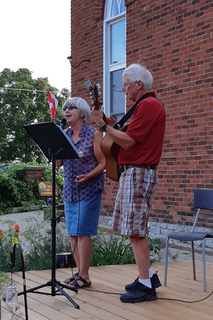
Retirement has still been an active time for you both, with volunteering, hobbies, and involvement with grandchildren. Woven through your time, though, is quite a lot of music. Let’s start with the idea of instruments and types of music. For Dad, in particular, there seems to have been a growing interest in and collection of instruments. For you, Mum, you actually collected quite a few interesting types of instruments and ideas through your work in your Kindermusik business, which I guess was sort of a post-retirement venture.
Can you each describe things you’ve become interested in or learned these last several years as far as instruments, trying new ideas, etc?
Ian: After retirement, I obviously had a bit more time to be involved with music. Harmonica was my go-to instrument but I gradually became more proficient on the guitar. Over time, I acquired a 12-string guitar and a tin can ukulele. We attended some open mic activities nearby and at first, Sharon sang and I played some harmonica. Eventually I started singing as well and gradually we started singing together. Sharon got a keyboard and was good at doing harmonies, so our activities expanded. I always enjoyed percussion, although I had no training in it. I got a cajon (a drum box). I enjoyed the sound of a banjo but was too lazy to learn another set of chords, so I bought a 6-string banjo which allowed me to use the same chord patterns as the guitar.
Sharon: I retired from teaching in the school system in 2003. I happily grew my Kindermusik business until I eventually retired that business in 2015 in order to free up time for volunteer work and a bit of travel with Ian. From 2003, I became involved with the local theatre, singing in Christmas productions and summer musicals. Several years ago, the theatre ended those productions and I found myself looking for something to fill the void. That’s when we discovered the world of open mic, which Ian will talk about. However, for the decade spanning 2006-2016, I had the privilege of teaching music to our wonderful grandchildren! I so much enjoyed working with my grandchildren and teaching them basic piano skills which, I believe, will stay with them for their entire lives in one way or another. They have pursued different music paths and will hopefully continue to do so. All my adult life, I longed to play a wind instrument and two years ago a golden opportunity presented itself when our 12 year-old granddaughter, K, showed a strong interest in learning to play alto saxophone. I quickly sourced a sax teacher and asked K how she would feel about the two of us taking lessons together. She was open to that idea and soon the lessons began. I knew it wouldn’t be a piece o’ cake but was not quite prepared for the humbling experience ahead! I really hadn’t considered that it been 55 years since my last music lesson and, while I had played keyboards for many years, developing muscle memory on a saxophone was not easy at 68 years old. Nor was developing a tone that didn’t sound like a cross between a whistle and a mallard duck! K’s young brain and muscle tone have allowed her to become a promising sax player; her tone is lovely! As for me, I continue to work at it, enjoy playing for myself and extremely small audiences (family members only). However, I’m currently working on a few songs where I play sax back-up for Ian and maybe I’ll work up enough courage for a sax debut at an outdoor open mic – we’ll see.
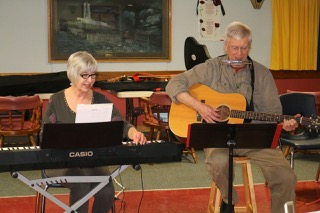
I’ve been interested in how many open mic events there are in your own and surrounding rural areas and small towns. Can you explain a bit about those? So, the types of venues or locations that host them, what the process is, whether you see some regular people at each?
Ian: For roughly the last ten years, we have performed together in a variety of situations. We attend various open mics in the area. We play once a month at a local retirement home and have played in a few other retirement and nursing homes as well as for seniors’ programs in the area. We have performed at a local market, in cultural events in the area and do an annual concert in a condo building where friends of ours live. Our music includes folk, country, pop, blues and oldies. We adjust the vocals and instrumentation according to the type of song and try to balance the lead vocals, tempo and playing style. If harmony is involved, Sharon handles that. Instrumental leads are shared – Sharon on keyboard or me on harmonica.
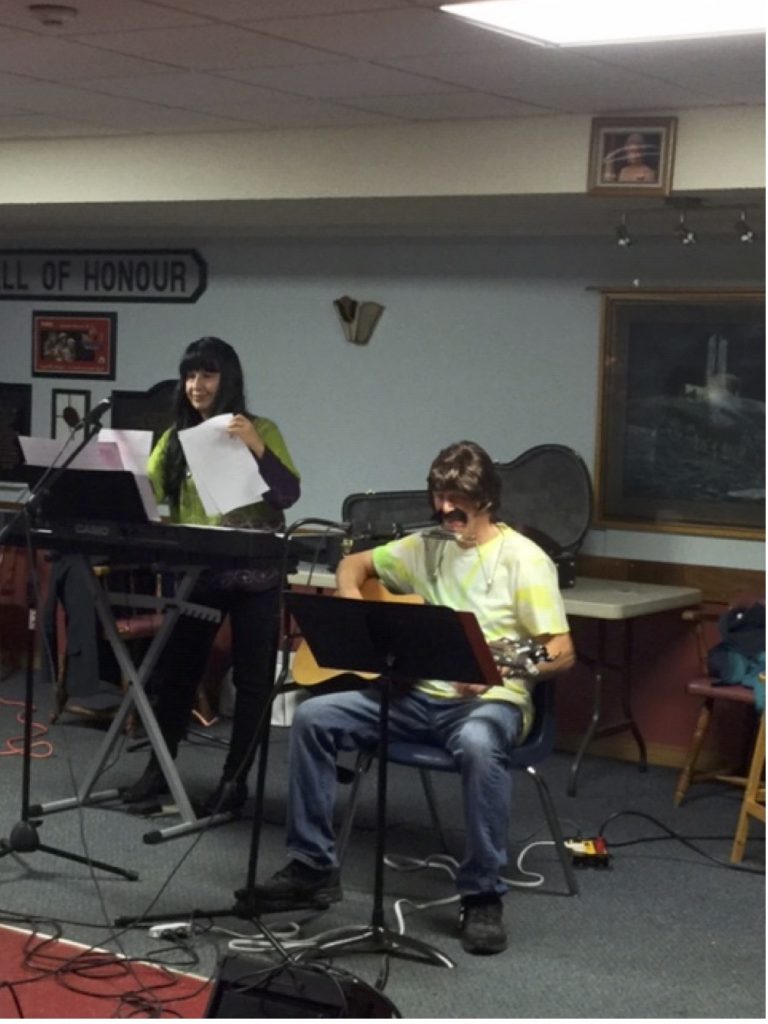
Music has also become really enjoyable socially. I know to some degree it always has been. I can remember as quite a young child, going up the road to Mr. Morrow’s house and Dad, you would play the accordion, I think, while Mr. Morrow played violin? Mum, I know you’ve enjoyed social connections in choirs and vocal groups. It seems like in these more recent years, though, you’ve connected with other people who enjoy getting together to all play music in a really casual way. What does that look like?
Ian: When we went to Mr. Morrow’s house, he played fiddle and I played harmonica. He used to play accordion but it was too heavy for him. He wanted me to play it and since the in and out motion is like harmonica, I learned to play a little (once again by ear). I never really got into it though.
Open mics and song circles have become very common – you could be out every night of the week if you wanted to be. There are about four that we tend to frequent. The most common set-up is for a sound system to be set up, and performers take turns, usually doing two songs at a time. Some people go just to listen. Over time we have met many people who have become good friends through these activities.
As well as performing, we have a group of close friends who get together regularly to share music. It started with four couples but over time several other couples became involved. We have a large number of songs organized into a set of binders and we take turns choosing and leading a song. It makes for a good social gathering.
The pandemic has been a strange, but unique, time. How has that affected the regular rhythm of getting out to play music? Have you found new ways to stay connected?
Ian: The pandemic has put a serious crimp in these activities. We have been involved in some virtual open mics through ZOOM. Recently, an outdoor open mic has started up so some activity still remains.
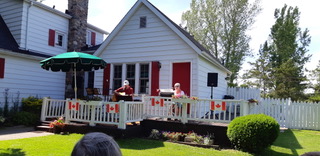
I think you’ve still been finding creative ways to connect musically with a older neighbour who used to live up the road, but is now in a retirement home. How have you all been managing that during the pandemic?
Ian: We set up a phone call with our 97 year old former neighbour and she sings and plays her piano as we sing and play a variety of old songs. We had enjoyed music together over the years in people’s homes and in the community hall. Once she moved to a retirement home, we were able to continue in person for a while but with the pandemic, that obviously wasn’t a possibility anymore so we’ve continued each week over the phone.
What kinds of music do you currently each like to listen to or find yourself most drawn to? Do you have favourite songs or musical artists?
Ian: My musical tastes still involve folk, blues and classic rock.
Sharon: I enjoy many different genres; classical, choral, folk, blues, country, pop and some rock.
Music isn’t everything though. You each have lots of others things you enjoy and choose to put your time and energy into. What are some of your other interests?
Ian: I enjoy many of the same things I always have – golfing, curling, reading and trying different routes out on the motorcycle. I am involved with our local migrant workers organization as well as our community’s “Supper’s Ready” dinners.
Sharon: I enjoy advocacy work and am a member of the Grandmothers to Grandmothers Campaign, which raises money through the Stephen Lewis Foundation for African grandmothers and the grandchildren they support. Our local group is called The Apple Route Grannies. I am also actively involved in Grandmothers Advocacy Network (GRAN) civil society organization which advocates for the human rights of sub-Saharan Grandmothers, youth and children. Locally, I volunteer with a program that provides a free weekly meal in our town of Brighton.
Thank you very much for sharing your experiences:).
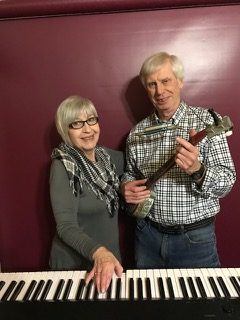
Enjoy this post? Please share.
Facebook
Twitter
Pinterest
Email
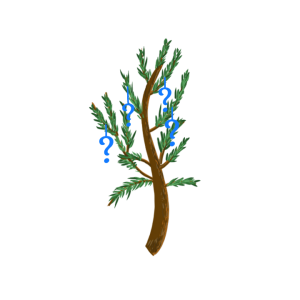
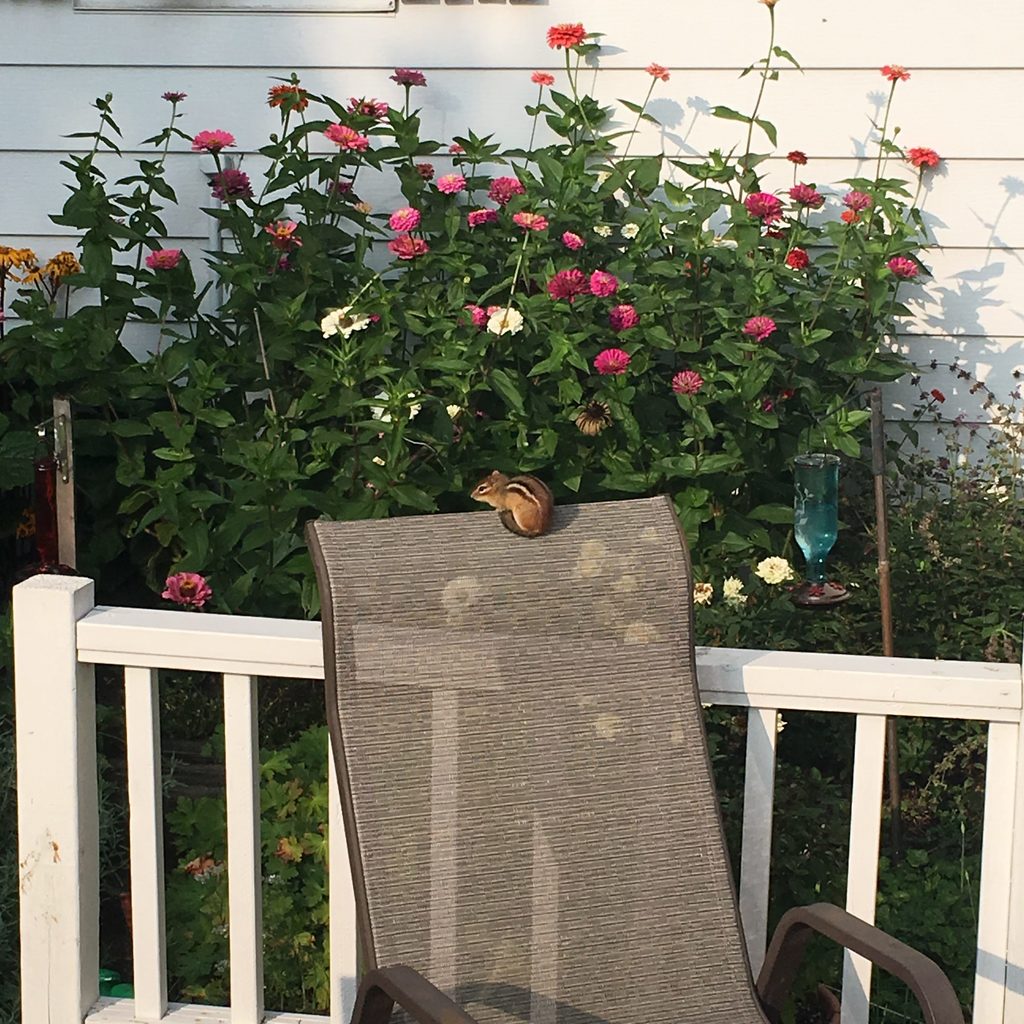
Loving these stories, Erin and the pictures too. I couldn’t help thinking of the ‘Little House’ books as I read your mum’s description of her childhood, Pa sharing his love for music with the family and Laura singing while out riding with Almanzo 🙂 On the last book here, so at the forefront of my mind clearly.
Thanks to Ian and Sharon for sharing their stories. So many creative ways they have been able to enjoy and share their love of music and built such wonderful connections. Inspiring.
Thanks Hayley! That is fun to think about. My mum certainly had lots of music in her background. I had to chuckle about the horse-riding image. They don’t have horses but there is a motorcycle … :). Yes, definitely lots of wonderful connections built through music over the years!
I very much enjoyed reading this. The song circles and open mics sound like great ways to keep trying new things and I loved the Sonny and Cher photo 😂. Thank you for sharing your stories and experiences.
Thanks Allie! I will pass you thoughts on. Yes, I also love the Sonny and Cher photo. It looks like it was a lot of fun;).
This was such a great read! Thanks to you all for sharing🙂. I was interested to see the cajon mentioned. I’ve seen them (and heard them), but didn’t realize it was spelled that way. It’s an interesting instrument and I hadn’t heard of it prior to the last few years.
Thank you for the comment, Liz:). I will pass on your compliments. Cajons are interesting instruments. My son built his own, with the help of a carpenter, when he was younger and it doubles nicely as a stool!